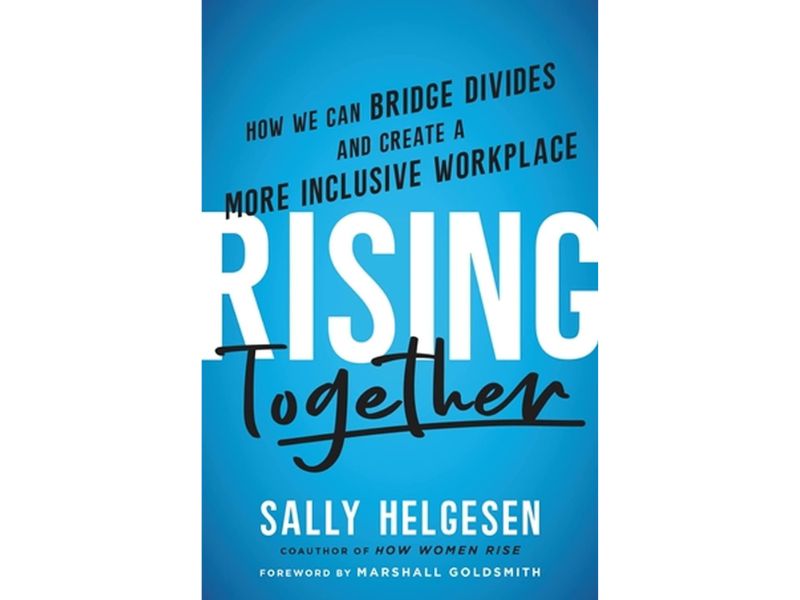PwC has announced that it has banned all-male shortlists for its jobs.
The action is just one of the ways in which the accountancy giant is trying to narrow the gender pay gap.
The UK-wide ban will apply to executive roles, meaning candidate list for senior positions must include at least one woman.
In April, PwC revealed that its gender pay gap stood at 43.8 per cent – the worst of the Big Four financial services firms for equal pay.
Laura Hinton, chief people officer at PwC said, “Diversity in our recruitment processes is something we’ve been focused on for some time and as part of this we are ensuring we have no all-male shortlists and more diverse interviewing panels.”
“We’re also going one step further and setting ourselves a 50/50 shortlist target for all direct recruitment activity.”
“This is part of our wider action plan to promote diversity and inclusion in all forms, including gender, ethnicity and social mobility.”
Speaking about the decision, Suki Sandhu, Founder & CEO, Audeliss & Involve said, “I am delighted to see PwC leading the charge on banning all-male shortlists.”
“As engaged members of both OUTstanding and EMpower – our inclusion initiatives – we’ve known for some time that PwC has a strong commitment to diversity and inclusion, so it’s fantastic that they are the first of the big four to implement such a policy.”
“Beyond the clear moral argument.”
“A diverse and inclusive workforce benefits both businesses’ bottom line and the wider economy.”
“Shortlist quotas can sometimes be a contentious issue.”
“But, in order for us to achieve true equality in the workplace, we don’t need to lower the bar or our expectations.”
“As PwC are demonstrating, it’s about levelling the playing field – ensuring that diverse communities are getting access to the best opportunities, and that companies are getting access to the best talent pool.”
“Businesses need to be building diversity and inclusion into everything they do – recruitment, training, policy and culture.”
“On top of recruiting from a diverse pool they need to be reviewing diversity at every level of the business and tracking staff retention, taking active steps to address any shortcomings.”
“They also need to ensure that their policies and mandatory training are inclusive and non-discriminatory – including things like unconscious bias training for all which can really help shift perceptions and therefore culture.”









